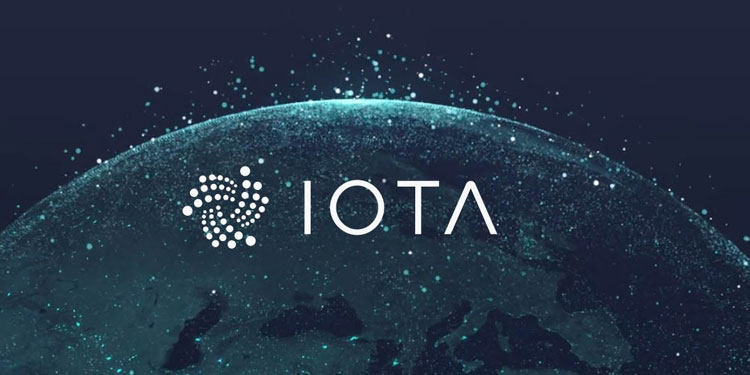
In accordance with the parameters of the agreement, the tech companies are utilizing open standards, decentralized infrastructures, and availability to design a Digital Product Passport blueprint to satisfy certain EU project needs.
It has frequently been said that blockchain technology and its accompanying innovations are required to drive the coming generations of the internet, which will have a variety of sophisticated use scenarios. The European Commission set up a structure for the European Blockchain Service that will facilitate the construction of the digital equivalent of items governed by the Ecodesign for Sustainable Products Regulation.
The purpose of the Digital Passport is to enable all members of a product’s distribution chain to trace its origin, authenticity, and sustainability compliance. This enables the typical customer to make better-informed decisions on whether items comply with environmental laws. As Dominique highlighted, the EU Blockchain Pre-Commercial Procurement Project participated in the Blueprint Digimarc and IOTA developed together. Blueprint is very useful because of the technical bent of the attire.
The pair leveraged blockchain technology to develop the Digital Product Passport, a substantially more open and user-friendly solution. Dominique noted, “The adoption of norms was a primary goal, and we had two design specifications at the core of the DPP program to meet: delivering open and interoperable IDs and making these identities available to the majority of customers. We quickly discovered that the GS1 Digital Link standard, which we worked on developing in 2018, is the best option, as it characterizes distinct web addresses for brands that can be utilized in a variety of carriers (e.g., QR codes, NFC tags) and can be perused by a variety of readers, such as smartphones used by global consumers.
The Blueprint seems to be one of the clearest examples of how adaptable blockchain technology is in delivering genuine usefulness to the internet age as a whole.
Although the IOTA-Digimarc blockchain-powered Blueprint for the EU is a continental breakthrough, the OpenEarth Foundation, a non-profit organization dedicated to bringing innovative climate services, and the University of California Berkeley have utilized Chainlink Network, the first oracle offering in the Web3.0 world, to combat global warming. The use of Chainlink in the battle against global warming relied on utilizing the protocol’s oracle function to precisely estimate the True Cost of greenhouse emissions so that businesses might grasp the notion of sustainability.
Reportedly, the application of blockchain to promote sustainability is on the rise, and the widespread acceptance of the technology may be encouraged with the support of global authorities.